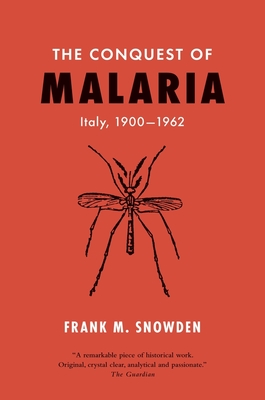Expedite your nonfiction book discovery process with Readara interviews, summaries and recommendations, Broaden your knowledge and gain insights from leading experts and scholars
In-depth, hour-long interviews with notable nonfiction authors, Gain new perspectives and ideas from the writer’s expertise and research, Valuable resource for readers and researchers
Optimize your book discovery process, Four-to eight-page summaries prepared by subject matter experts, Quickly review the book’s central messages and range of content
Books are handpicked covering a wide range of important categories and topics, Selected authors are subject experts, field professionals, or distinguished academics
Our editorial team includes books offering insights, unique views and researched-narratives in categories, Trade shows and book fairs, Book signings and in person author talks,Webinars and online events
Connect with editors and designers,Discover PR & marketing services providers, Source printers and related service providers

The Conquest of Malaria: Italy, 1900-1962
Medical > History
- Yale University Press
- Paperback
- 9780300256468
- 9.1 X 6.1 X 0.9 inches
- 0.95 pounds
- Medical > History
- (Single Author) Asian American
- English
Readara.com
Book Description
At the outset of the twentieth century, malaria was Italy's major public health problem. It was the cause of low productivity, poverty, and economic backwardness, while it also stunted literacy, limited political participation, and undermined the army. In this book Frank Snowden recounts how Italy became the world center for the development of malariology as a medical discipline and launched the first national campaign to eradicate the disease.
Snowden traces the early advances, the setbacks of world wars and Fascist dictatorship, and the final victory against malaria after World War II. He shows how the medical and teaching professions helped educate people in their own self-defense and in the process expanded trade unionism, women's consciousness, and civil liberties. He also discusses the antimalarial effort under Mussolini's regime and reveals the shocking details of the German army's intentional release of malaria among Italian civilians--the first and only known example of bioterror in twentieth-century Europe. Comprehensive and enlightening, this history offers important lessons for today's global malaria emergency.
Author Bio
Professor Snowden received his Ph.D. from Oxford University in 1975. His books include Violence and Great Estates in the South of Italy: Apulia, 1900-1922 (1984); The Fascist Revolution in Tuscany, 1919-1922 (1989); Naples in the Times of Cholera (1995) and The Conquest of Malaria: Italy, 1900-1962 (2006). Conquest was awarded the Gustav Ranis Prize from the MacMillan Center at Yale in 2007 as “the best book on an international topic by a member of the Yale Faculty,” the Helen and Howard R. Marraro Prize by the American Historical Association as the best work on Italy in any period, and the 2008 Welch Medal from the American Association for the History of Medicine.
He teaches undergraduate and graduate courses in Italian history, European social and political history, and the history of medicine.
Source: Yale University
Community reviews
No Community reviews








